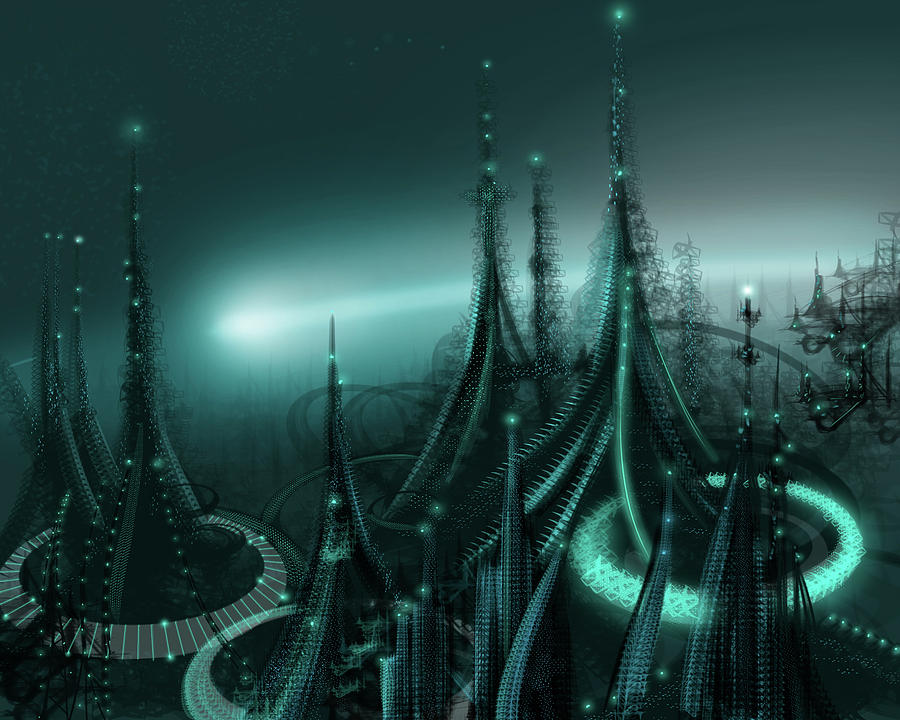
Dick's The Man in the High Castle (1962). The neologism, using chronos instead of topos, has since been used to refer to non-existent idealized times in fiction, such as Philip Roth's The Plot Against America (2004), and Philip K. In 1876, writer Charles Renouvier published a novel called Uchronia ( French Uchronie). The opposite of a utopia, dystopia is a concept which surpassed utopia in popularity in the fictional literature from the 1950s onwards, chiefly because of the impact of George Orwell's Nineteen Eighty-Four. Dystopia, a term meaning "bad place" coined in 1868, draws on this latter meaning. The pronunciations of eutopia and utopia in English are identical, which may have given rise to the change in meaning. In his original work, More carefully pointed out the similarity of the word to eutopia, meaning “good place”, from Greek: εὖ (“good” or “well”) and τόπος (“place”), which ostensibly would be the more appropriate term for the concept in modern English. However, in standard usage, the word's meaning has shifted and now usually describes a non-existent society that is intended to be viewed as considerably better than contemporary society. It literally translates as “no place”, coming from the Greek: οὐ (“not”) and τόπος (“place”), and meant any non-existent society, when ‘described in considerable detail’. The word utopia was coined in 1516 from Ancient Greek by the Englishman Sir Thomas More for his Latin text Utopia. This is the woodcut for Utopia's map as it appears in Thomas More's Utopia printed by Dirk Martens in December 1516 (the first edition). Utopia has an inherent contradictory nature here. But if used wrongly, it becomes dangerous.
DEFINE UTOPIA FREE
There are socialist, capitalist, monarchical, democratic, anarchist, ecological, feminist, patriarchal, egalitarian, hierarchical, racist, left-wing, right-wing, reformist, free love, nuclear family, extended family, gay, lesbian and many more utopias Utopianism, some argue, is essential for the improvement of the human condition. Lyman Tower Sargent argues that the nature of a utopia is inherently contradictory because societies are not homogeneous and have desires which conflict and therefore cannot simultaneously be satisfied. Hypothetical utopias focus on-amongst other things-equality, in such categories as economics, government and justice, with the method and structure of proposed implementation varying based on ideology.

In common parlance, the word or its adjectival form may be used synonymously with "impossible", "far-fetched" or "deluded". However, it may also denote an intentional community.

It was coined by Sir Thomas More for his 1516 book Utopia, describing a fictional island society in the New World. A utopia ( / j uː ˈ t oʊ p i ə/ yoo- TOH-pee-ə) typically describes an imaginary community or society that possesses highly desirable or nearly perfect qualities for its members. Utopia is still widely read because in_a_sense More stood on the margin of modernity. It is doubtful that Utopia is still widely read because More was medieval or even because he was a martyr - indeed, it is likely that these days many who read Utopia with interest do not even know that its author was a martyr. įirst, it appears to be based on the fact that on its title_page Utopia is described as `` festivus '', `` gay ''. Some who have written on Utopia have treated it as `` a learned diversion of a learned world '', `` a phantasy with which More amused himself '', `` a holiday work, a spontaneous overflow of intellectual high_spirits, a revel of debate, paradox, comedy and invention ''.


 0 kommentar(er)
0 kommentar(er)
